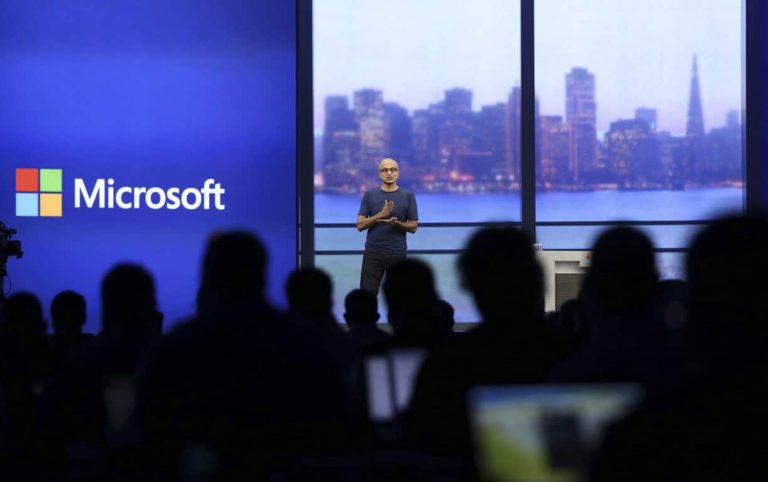Perhaps Microsoft has some insider news the rest of its competition doesn’t, because at the moment, the company is bucking an industry-wide trend involving acquisitions rates. According to a CB Insights analysis of M&A trends acquired from its 2015 Global Tech Exits report, it appears Microsoft has taken the top spot as acquisitions leaders while much of the industry has pulled back on the matter.
CB Insights views Microsoft as gaining the top spot, by a total of two more acquisitions than its closest competitor, Google, which traditionally boasts a large number of purchases year over year.
The third exception is Microsoft, which has significantly ramped up its rate of acquisitions under CEO Satya Nadella, making 18 in 2015 after only making 10 in 2014, and only 4 in 2011. Microsoft made the most acquisitions of the companies analyzed in 2015, leaving Google in second place with 16 transactions.”
Another interesting note is how Microsoft came to hold the top spot after being an acquisition-conservative company.
Collectively, these 8 tech giants dialed back acquisitions in 2015, making 71 between them in 2015, compared to 101 in the previous year. Two exceptions are Amazon, which made 7 acquisitions in 2015 compared to 5 the previous year and Salesforce, which went from 1 to 5 acquisitions.”
While taking top billing for most acquisitions in a year based on the 2015 Global Tech Exits report might indicate that Microsoft went on a shopping spree, the underlying theme here is that the industry as a whole was a bit gun shy on purchasing companies in 2015.
With Microsoft needing to make a bigger splash in mobile, its acquisitions of Sunrise, Acompli and Swiftkey look to have pushed the company over its more typical spending for the year. Coupled with a broad retreat from the rest of the industry on acquisitions and Microsoft’s need to fill out its mobile ecosystem with leading solutions, it seems the company’s win was more a default than a conscious effort to be the tech company with the longest shopping list.


